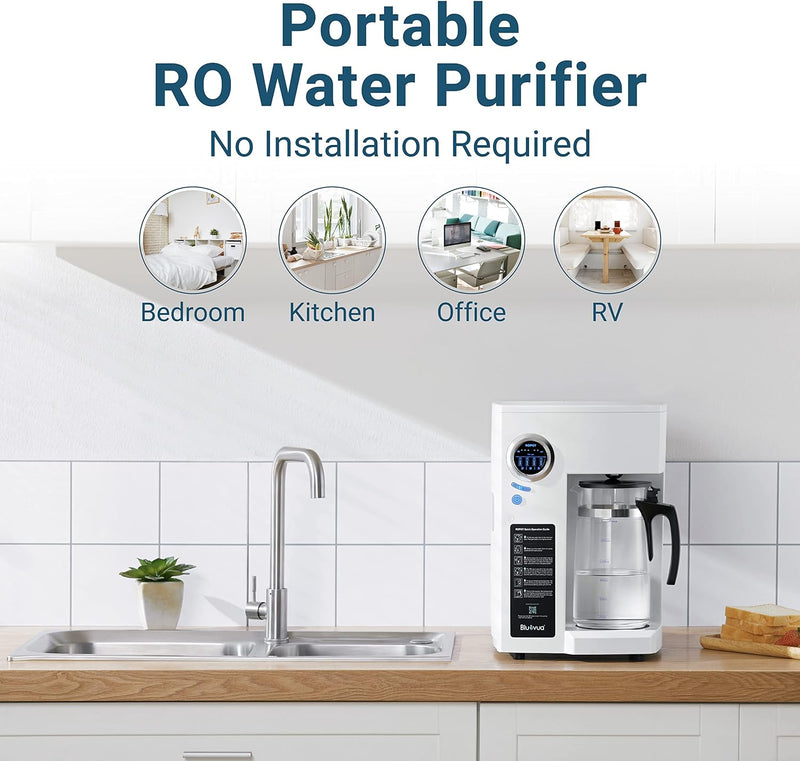In recent years, the reverse osmosis water filter has gained significant attention as a reliable method for purifying drinking water. But what exactly is reverse osmosis, and how does it work? This article delves into the science behind this filtration process, providing you with a comprehensive understanding of its benefits and functionality.

Understanding Reverse Osmosis
Reverse osmosis (RO) is a water purification technology that utilizes a semipermeable membrane to remove impurities from water. This process involves applying pressure to push water through the membrane, allowing only water molecules to pass while blocking larger molecules, contaminants, and impurities. The result is clean, safe drinking water.
"Reverse osmosis is one of the most effective methods for removing contaminants from water, including heavy metals and microorganisms." - Water Quality Association
How Does a Reverse Osmosis Water Filter Work?
The operation of a reverse osmosis water filter can be broken down into several key stages:
- Pre-filtration: Before water reaches the RO membrane, it passes through pre-filters that remove larger particles and chlorine, which can damage the membrane.
- Reverse Osmosis: Water is then forced through the semipermeable membrane, where contaminants are separated from the clean water.
- Post-filtration: After passing through the membrane, the water may go through additional filters to enhance taste and remove any remaining impurities.
- Storage: Finally, the purified water is stored in a tank, ready for use.
Benefits of Using a Reverse Osmosis Water Filter
There are numerous advantages to using a reverse osmosis water filter:
- Effective Contaminant Removal: RO systems can remove up to 99% of dissolved salts, heavy metals, and other impurities.
- Improved Taste: By eliminating chlorine and other chemicals, RO water often tastes better than tap water.
- Cost-Effective: Investing in an RO system can save money compared to buying bottled water over time.
- Environmental Impact: Using a reverse osmosis system reduces plastic waste from bottled water.
Choosing the Right Reverse Osmosis Water Filter
When selecting a reverse osmosis water filter, consider factors such as:
- Filtration capacity
- Number of filtration stages
- Maintenance requirements
- Brand reputation and customer reviews
For instance, the AquaSafe RO System is known for its high filtration capacity and user-friendly design, making it a popular choice among consumers.
Conclusion
In summary, a reverse osmosis water filter is a sophisticated and effective solution for ensuring the purity of your drinking water. By understanding the science behind this technology, you can make informed decisions about your water quality. If you are considering an RO system, take the time to research and choose one that best fits your needs.
For more information, check out this informative video on how reverse osmosis works.